A few weeks ago I had dinner at Cosmo in Bristol (Check TripAdvisor to see what I thought of it). This place has been praised to me so much in the last few months, that I was, obviously, over excited about experiencing their food, the atmosphere and then their food once again!
With over 80 main courses from all over the world, it was hard work getting through dinner, picking and mixing various tastes in lucky and not so lucky combinations! While my taste buds embarked on a roller-coaster whether they were up for it or not, my mind reflected on the amount of choices and, implicitly, decisions I had to make during a casual, daily re-occurring event like my dinner: “Did I choose the tastiest dish? I wonder if the prawns would have been spicier than the chicken etc”
We are making choices for ourselves every day and every minute, whether we’re choosing between having a donut or an omelet for breakfast, going to university or getting a job, living in the big city or moving to the country side.
Berry Schwartz, in his TED talk on the Paradox of Choice, argues that the more democratic and developed the society, the more choices individuals need to make. This sounds like a no brainer, right? He also argues that the more choice we have, the more paralysed and more dissatisfied with the choices we make we are – hence the paradox.
Schwartz uses a metaphor of a fishbowl, arguing that everybody needs a fishbowl, meaning to decrease the number of choices we have to make, to a manageable number, to overcome paralysis and increase satisfaction.
In our daily lives, we build various fishbowls named “this is the right thing to do”, “this is what is expected of me to do”, “this is the easier more comfortable thing to do” and then make decisions inside these fishbowls. We end up dissatisfies, paralysed by the choices we make and we wish things were different. Perhaps we’re not even quite sure what “different” is.
A “different” fishbowl can accurately be defined as “life purpose” because when someone lives up to their life purpose, they gain a direction, a path, and the choices they make along the way support the bigger purpose and come to be easy and obvious while work becomes fulfilling and meaningful.
While my purpose of dinner is quite straight forward – get fed, preferably with healthy and nourishing food, the purpose of life, or someone’s life purpose rather, is a less obvious matter.
Schwarts concludes with “the absence of a metaphorical fishbawl, is a recipe for misery and, I suspect, disaster”! My interpretation of this is “Living without a life purpose is a recipe for unhappiness and lack of self-fulfillment“.
Development Coaching enables you to find your life purpose thus providing you with an internal compass to guide your decisions and choices.


